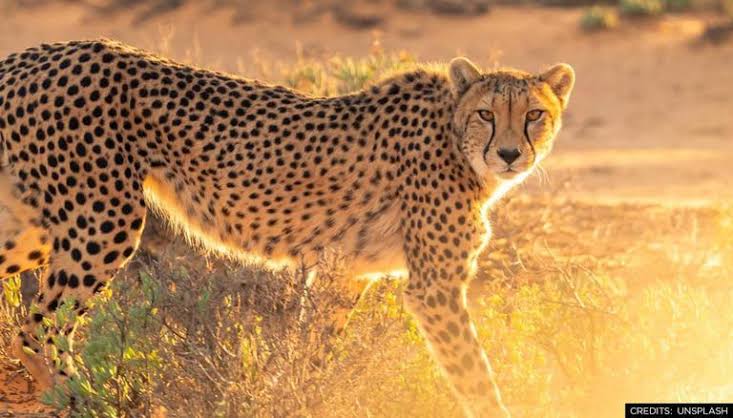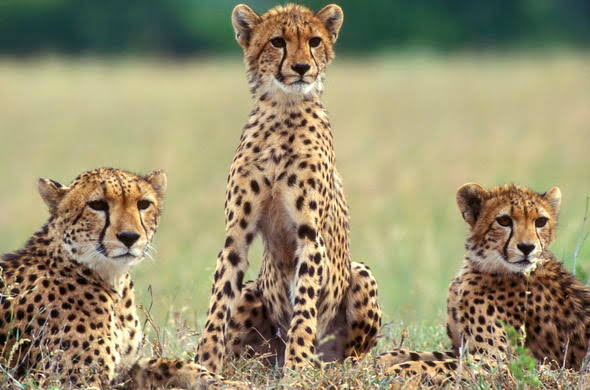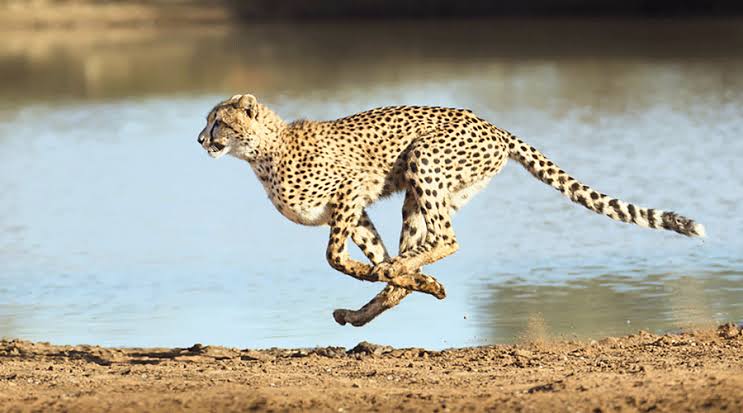
Faith Nyasuguta
South Africa has signed a deal with India to reintroduce dozens of cheetahs to the South Asian country after eight of the big cats were sent from neighboring Namibia in 2022.
Batch one of 12 cheetahs is to be flown over in February, according to a statement from South Africa’s environmental department, which added the plan was to relocate “a further 12 annually for the next eight to 10 years.”
According to the statement, the goal is to “achieve a number of ecological objectives,” including restoring the role of the cheetah within India, where the endangered cats used to roam, and “enhancing the livelihood options and economies of the local communities.”

Cheetahs were declared extinct in India in 1952 and are the only large carnivore in the country to have suffered that fate. According to a statement from India’s environment ministry, this was a result of overhunting and loss of habitat.
In the statement released in 2021, India’s Environment Minister Bhupender Yadav said Indian Prime Minister Narendra Modi was “keen on the protection and conservation of seven major big cats including cheetah.”
“Project Cheetah aims to bring back independent India’s only extinct large mammal – the cheetah. As part of the project, 50 cheetahs will be introduced in various National Parks over five years,” Yadav was quoted saying in the statement.
Currently, cheetahs are found in southern and eastern Africa, particularly in Namibia, Botswana, Kenya, and Tanzania, according to the World Wildlife Fund (WWF).

But the spotted felines used to have a much larger range. Historically, cheetahs roamed throughout the Middle East and central India as well as most of sub-Saharan Africa. Habitat loss, poaching, and conflict with humans have greatly reduced their populations.
There are now less than 7,000 cheetahs left in the wild, according to the WWF.




